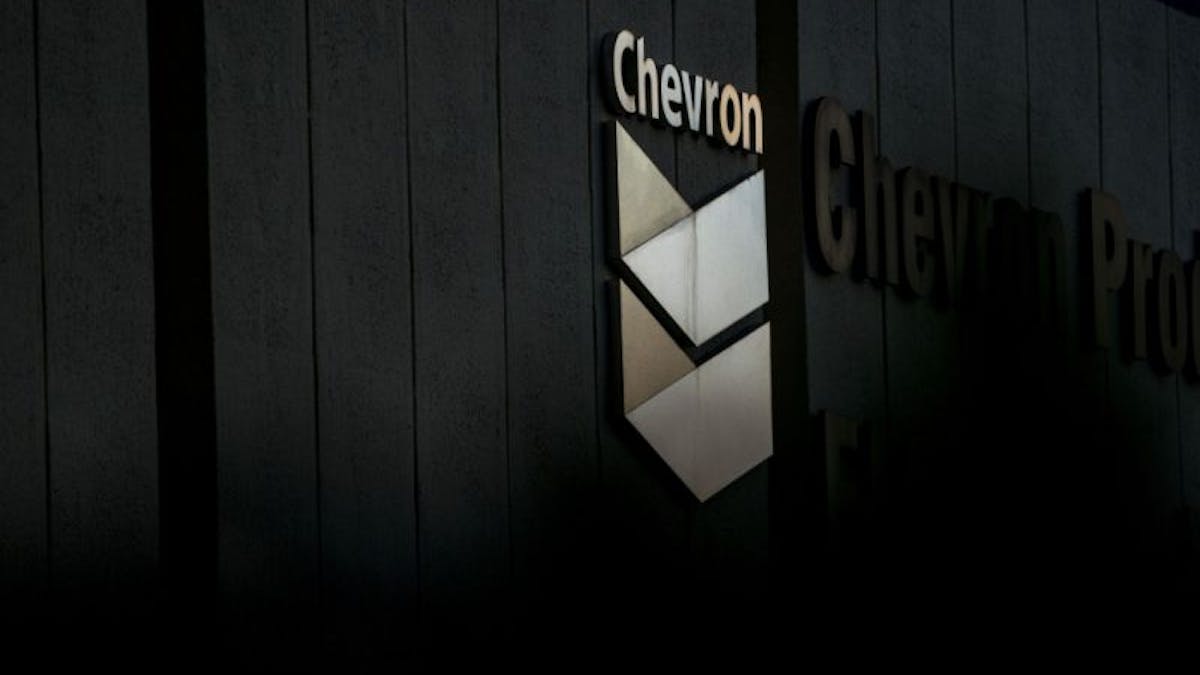Taxpayer-backed bailouts of oil and gas companies gained speed in July as the Federal Reserve more than doubled its portfolio of bonds issued by companies in the fossil fuel industry. The investments included bonds issued by oil giant Chevron and Noble Energy, a company with a history of illegal pollution and worker-safety violations that Chevron is acquiring in a $5 billion deal.
The development is emblematic of a wave of consolidation taking shape in oil and gas as companies collapse under heavy debt loads and weak global demand. It raises doubts about the Fed’s commitment to its mission of supporting economic growth while protecting financial stability and taxpayer resources.
The Fed held $333.9 million of bonds issued by fossil fuel companies at the end of July, up from $146.4 million at the end of June. Fossil fuels also increased as a share of the $3.5 billion portfolio.
Energy’s share of the pie is bigger than if the Fed based its buying decisions on the industry’s employee count, debt burden, or value to stock market investors, according to an analysis by InfluenceMap of transactions through the end of June.
The purchases were part of an array of government programs designed to prop up the struggling economy amid a global pandemic. Critics have argued that taxpayer resources should go to help strong companies that can support a sustainable future. The fossil fuel industry was already in financial crisis long before the pandemic took hold.
The Fed is buying bonds that were issued previously under the program, called the Secondary Market Commercial Credit Facility (SMCCF). A related program to buy newly-minted corporate debt, the Primary Market Commercial Credit Facility (PMCCF) did not see any use in July. That shows how effective the other purchases have been in helping companies to borrow, according to Gregg Gelzinis, a senior policy analyst at the Center for American Progress.
“Companies don’t need to issue bonds directly to the Fed when they can currently issue bonds with ease in the primary market thanks to the Fed’s backstop,” he said. Investors are buying new bonds and charging less interest because they know the Fed is standing by to bail them out if the economy falters, he explained, calling the guarantee “a massive subsidy.”
The purchases so far have skewed toward bigger oil companies like Chevron, BP, and Exxon. The Fed’s position in Chevron was worth about $16.4 million. But the number jumps 20%, to $20.5 million, when accounting for Noble Energy, which Chevron has agreed to buy for $5 billion of its own stock.
Noble has links to Interior Secretary David Bernhardt and has spent $5.8 million on lobbying since President Donald Trump took office, according to an analysis by Public Citizen. In 2015, Noble agreed to penalties worth $73.5 million to settle charges that it emitted volatile organic compounds from its storage tanks, a violation of the Clean Air Act.
Chevron recently has been under scrutiny for hypocritically claiming to be an ally to Black communities while quietly funding racist politicians.
